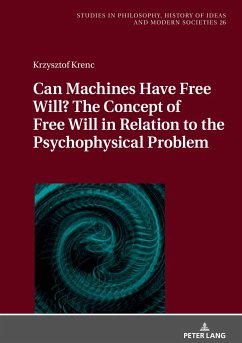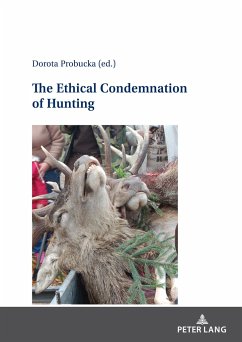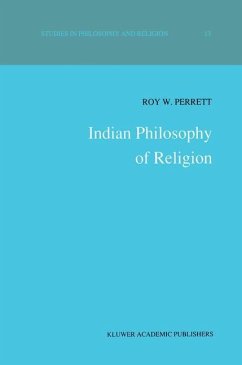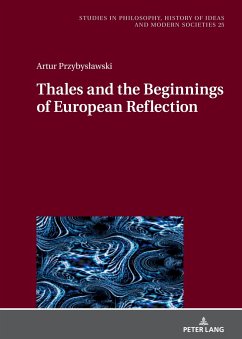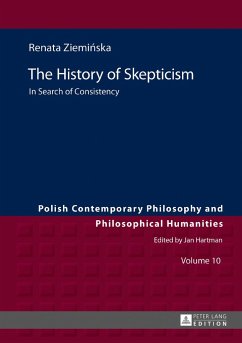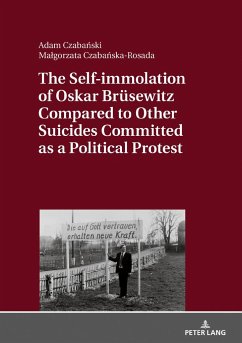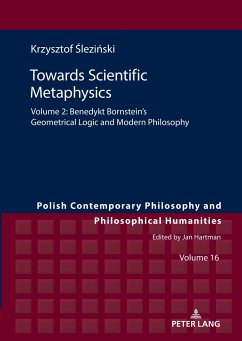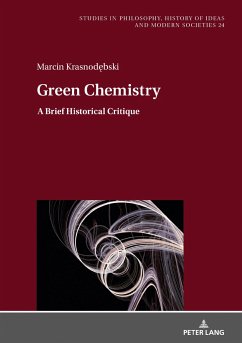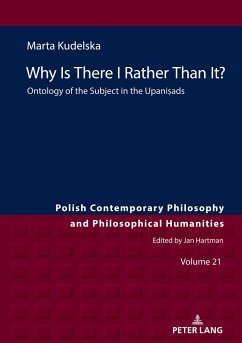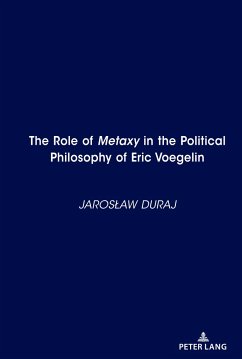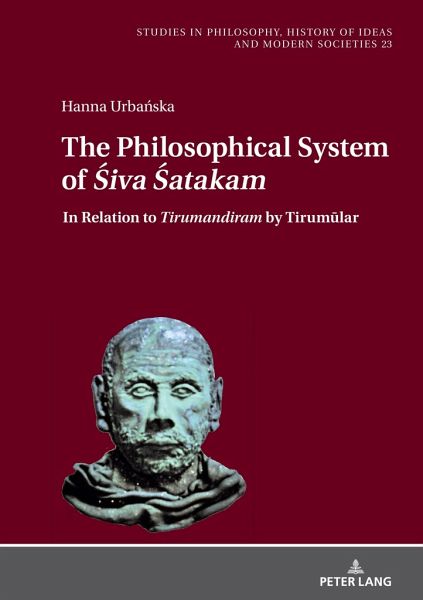
The Philosophical System of ¿iva ¿atakamand Other ¿aiva Poems by N¿r¿ya¿a Guru
In Relation to Tirumandiram by Tirum¿lar
Herausgegeben: Hartman, Jan
Versandkostenfrei!
Versandfertig in 6-10 Tagen
75,60 €
inkl. MwSt.

PAYBACK Punkte
0 °P sammeln!
This full-scaled monograph, rich in factographic material, concerns Narayana Guru (1855/56--1928), a founder of a powerful socio-religious movement in Kerala. He wrote in three languages (Malayalam, Sanskrit, Tamil), drawing on three different literary conventions. The world of this complex philosophic-religious literature is brought closer to the reader with rare deft and dexterity by the Author who not only retrieves for us the original circumstances, language and poetic metre of each work but also supplies histories of their reception. Thanks to numerous glosses, comments and elucidations s...
This full-scaled monograph, rich in factographic material, concerns Narayana Guru (1855/56--1928), a founder of a powerful socio-religious movement in Kerala. He wrote in three languages (Malayalam, Sanskrit, Tamil), drawing on three different literary conventions. The world of this complex philosophic-religious literature is brought closer to the reader with rare deft and dexterity by the Author who not only retrieves for us the original circumstances, language and poetic metre of each work but also supplies histories of their reception. Thanks to numerous glosses, comments and elucidations supplied by the Author, we can much better understand how Narayana's mystical universe creatively relates to the Tamil aiva Siddhanta and to Kerala's variety of Vedanta tradition.
Prof. Cezary Galewicz
Prof. Cezary Galewicz





